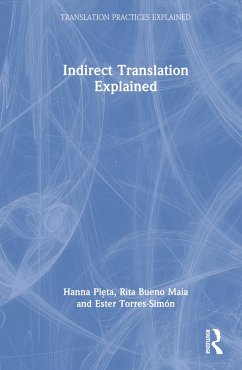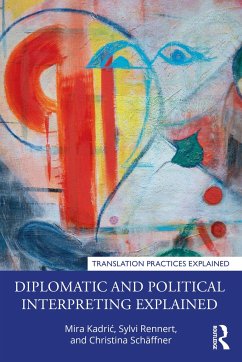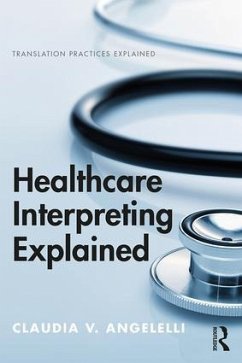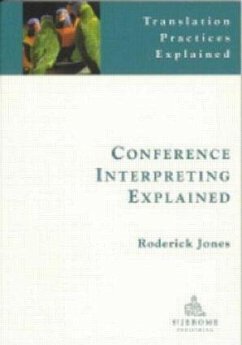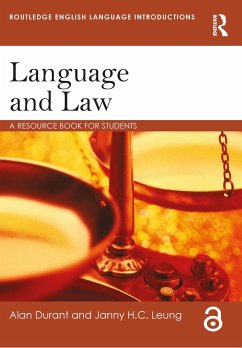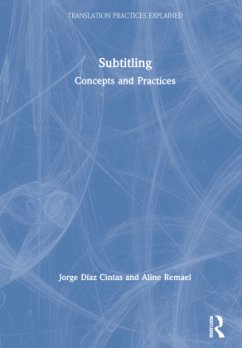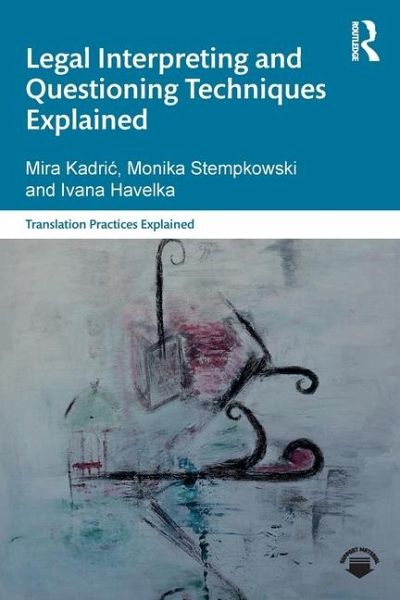
Legal Interpreting and Questioning Techniques Explained
Versandkostenfrei!
Versandfertig in 6-10 Tagen
42,99 €
inkl. MwSt.
Weitere Ausgaben:

PAYBACK Punkte
21 °P sammeln!
Language and law are closely linked, and language is fundamental to the application of the law. Legal, criminalistic, translational and psychological aspects of communication come together in interpreted questioning (hearings, interrogations, interviews) and must be taken into account, especially since the way in which the questioning outcomes are evaluated can have far-reaching legal consequences. Building on empirical studies and practice, this accessible text provides a transdisciplinary examination of questioning methods and strategies. The institutional framework conditions of a questioni...
Language and law are closely linked, and language is fundamental to the application of the law. Legal, criminalistic, translational and psychological aspects of communication come together in interpreted questioning (hearings, interrogations, interviews) and must be taken into account, especially since the way in which the questioning outcomes are evaluated can have far-reaching legal consequences. Building on empirical studies and practice, this accessible text provides a transdisciplinary examination of questioning methods and strategies. The institutional framework conditions of a questioning situation are examined in the context of transdisciplinary cooperation.
This book also addresses the increasing use of technology and hybrid forms of translation and interpreting in the legal system, and shows different ways in which interpreters co-construct information. Chapters include summaries of key concepts and definitions, examples from existing literature combined withpractical experience and the results of surveys conducted by the authors, as well as further reading and non-language-specific study activities. Activities include role plays on thematic scenarios involving different actors in criminal proceedings and discussion groups to enable reflection on ethical issues and discursive challenges.
This is a vital text for both advanced students and professionals in interpreting studies and criminology.
This book also addresses the increasing use of technology and hybrid forms of translation and interpreting in the legal system, and shows different ways in which interpreters co-construct information. Chapters include summaries of key concepts and definitions, examples from existing literature combined withpractical experience and the results of surveys conducted by the authors, as well as further reading and non-language-specific study activities. Activities include role plays on thematic scenarios involving different actors in criminal proceedings and discussion groups to enable reflection on ethical issues and discursive challenges.
This is a vital text for both advanced students and professionals in interpreting studies and criminology.






